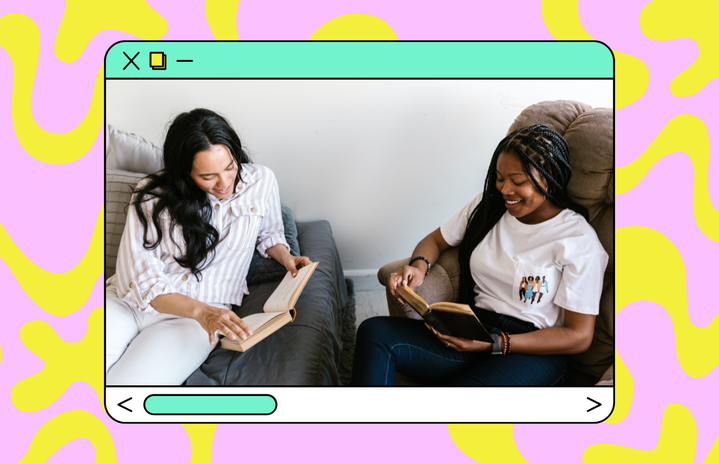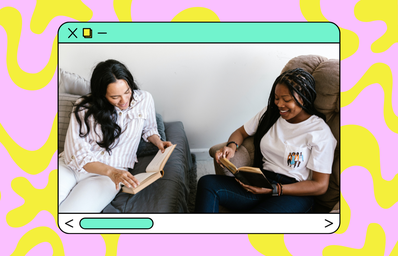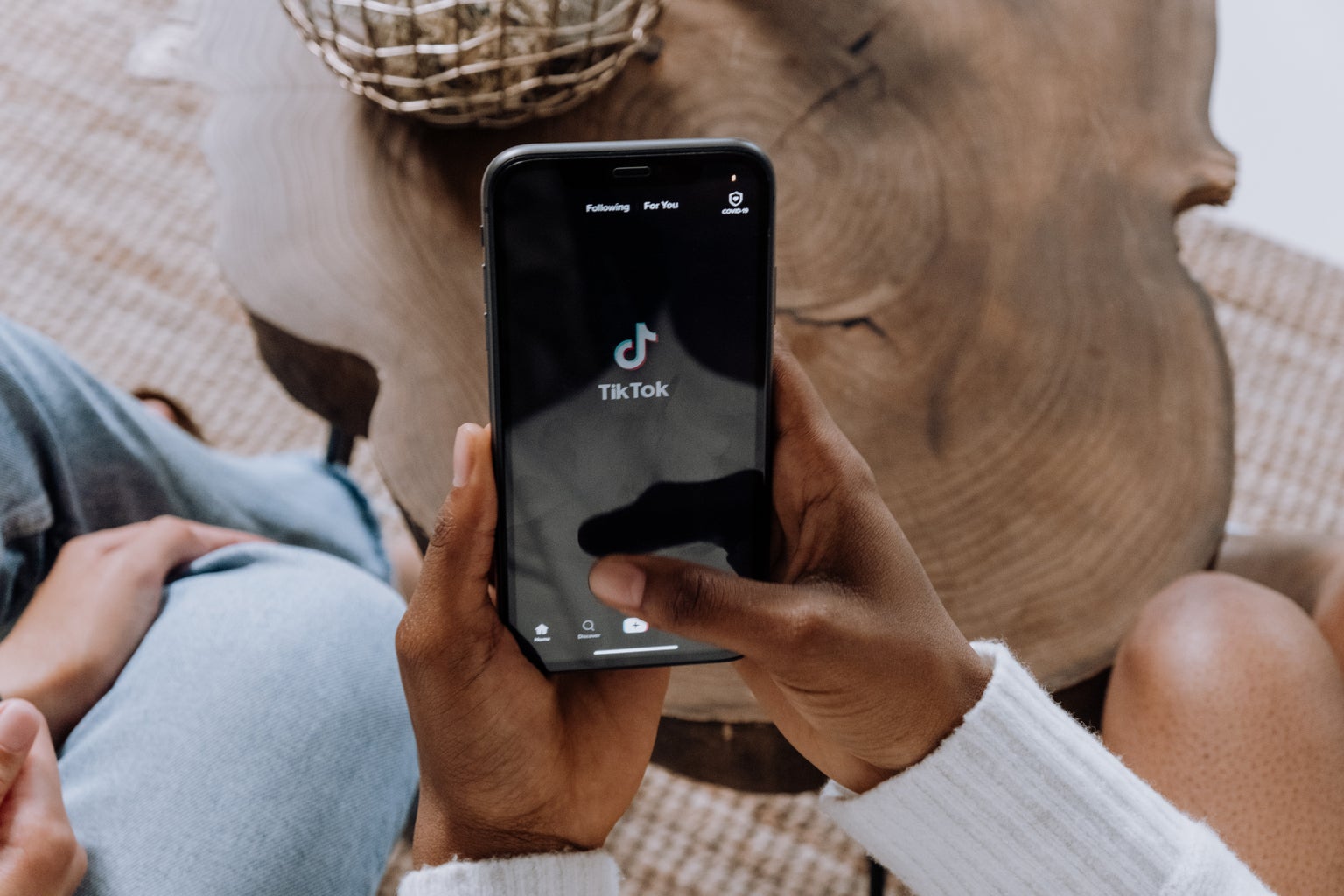An online community of book-obsessed readers and writers sounds like any reader’s dream…right? If you’ve been online for a while, then you’ve probably witnessed the rise of TikTok and the formation of niche communities alike. The reading community wasn’t impervious to this influence, and BookTok quickly became a cornerstone of the app.
Literary fiction fanatics, such as myself, were swift to join and were accompanied by many others along the way. As BookTok garnered mainstream attraction – with authors and publishers collaborating with larger creators – it was given an inside glimpse into the world they so often dreamt of. What began as a place to post opinions, questions, recommendations, annotating vlogs, and one’s contribution to the community, soon became a formation of cliques. Opinions and promotions began appearing as blurred lines to viewers, and commenters were quick to ridicule recommendations. Thus, BookTok’s descent into a divisive and judgemental group was set in motion. As more creators collaborated with publishers to promote new book releases, viewers were familiarized with authors such as Colleen Hoover, Sally Rooney, Sarah J. Maas, and the like. This attracted a larger audience of newly interested readers, diving headfirst into sponsored book recommendations and spiraling deeper into the madness.
These new readers posted their content and were met with hateful comments. Claims they weren’t reading real literature and were capitalizing off of the community’s engagement continue to run rampant in comment sections. The contention is clear: more experienced readers feel overcome by the presence of contemporary readers and are therefore more critical of their legitimacy. This conflict does not weaken the community, however, it is an overarching issue of the book community as a whole. This issue is exacerbated by the millions of contributors now connected; the community has never been larger.
There are genres for a reason, categorizing similar styles together is not only useful for readers but for authors as well. Authors can target their audience and cater their stories for our leisure. When these audiences vocalize their perspectives and express their opinions about these genres, it’s usually to share with those who have similar opinions. What commonly ends up happening, however, is some people will disagree and attack the person’s “poor” or “uneducated” interpretation of the book in question. Disagreements are bound to occur with something as subjective as literature, but it comes off as an attack on someone’s intelligence. While I typically enjoy literary fiction and classics, I can understand why someone might not, and I’d expect that understanding and respect from other readers. These judgmental comments are fueled by pretension as well. As I mentioned before, Colleen Hoover has become one of the most familiar names within the book community and her popularity is partly due to TikTok. While many praise her novels, which are usually about romance, fiction readers discredit that praise. There will often be videos of people “calling out” enjoyers of contemporary fiction, stating they aren’t actual readers. This pushes the narrative that readers are pretentious embodiments of every angsty TV show character they’ve ever seen.
In most cases, readers can have well-tempered conversations about novels, as you probably remember from your high school English classes. Similarly, gatekeeping the BookTok community and identifying as a reader does nothing in the grand scheme of things. People will continue to read as they please and all of this rhetoric only disregards that reading can be enjoyable. This toxic culture is divisive and unproductive; reading is an entertaining hobby and what you read is only relevant to you. On a more positive note, there are still many online creators who flourish in the community and have supportive audiences. I think this toxic atmosphere is noticed by a lot of people on TikTok, but it’s an unspoken observation that doesn’t necessarily disrupt the growth of the community. Although I don’t anticipate the hostility disappearing anytime soon, I think people disregard the toxicity as it has become background noise and continue to interact with each other. Plus, it only takes following a few creators to get your inside scoop on literature, forgetting about any judgment, because most people agree with the opinions of those they follow. Overall, this seemingly innocent hashtag has its fair share of disagreement and hate, making it no different from any others. The magnitude of interactions only highlights the bigger issue of toxicity that can plague readers.
Can’t get enough of HC UMass Amherst? Be sure to follow us on Instagram, listen to us on Spotify, like us on Facebook, and read our latest Tweets!




